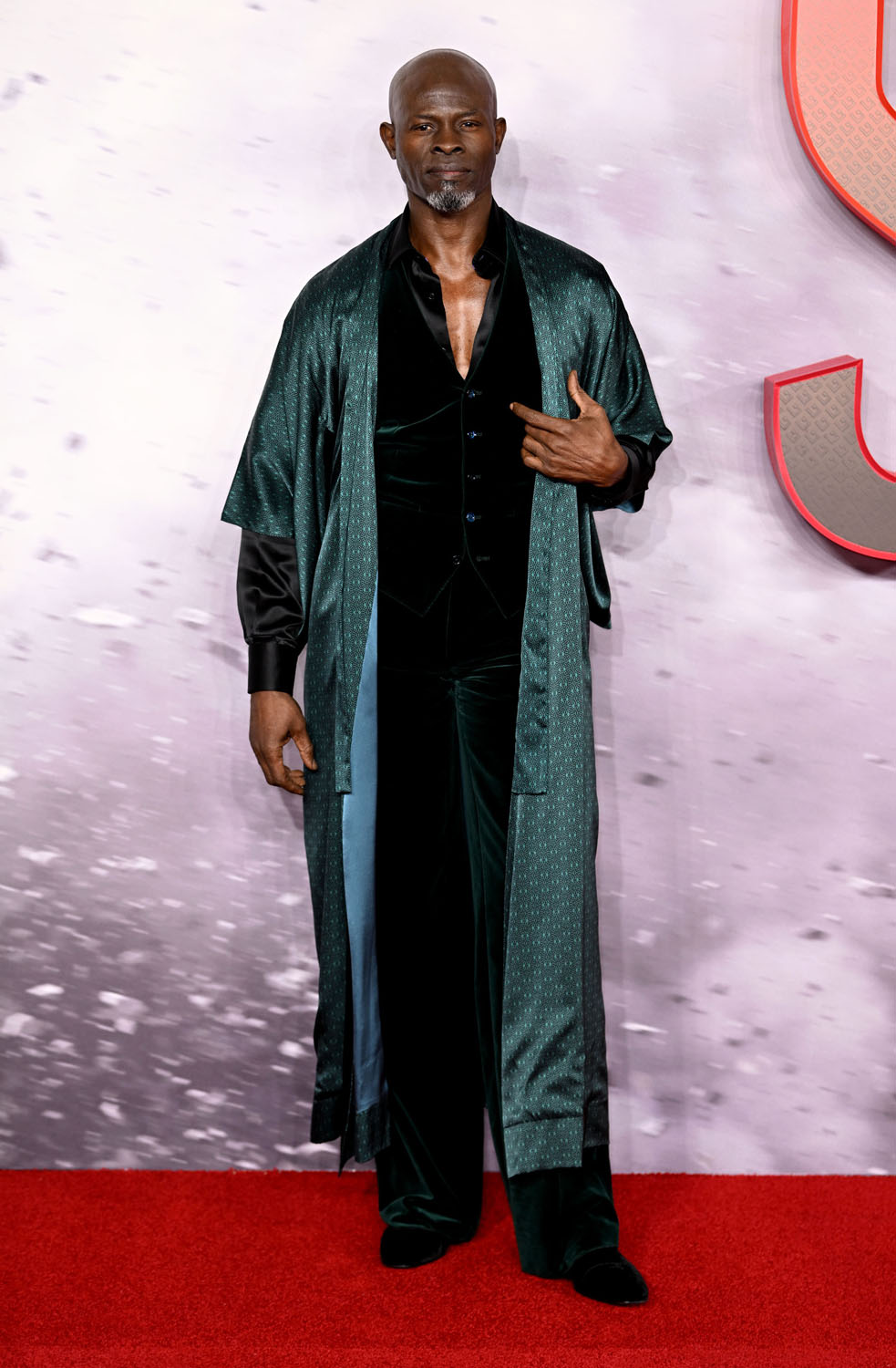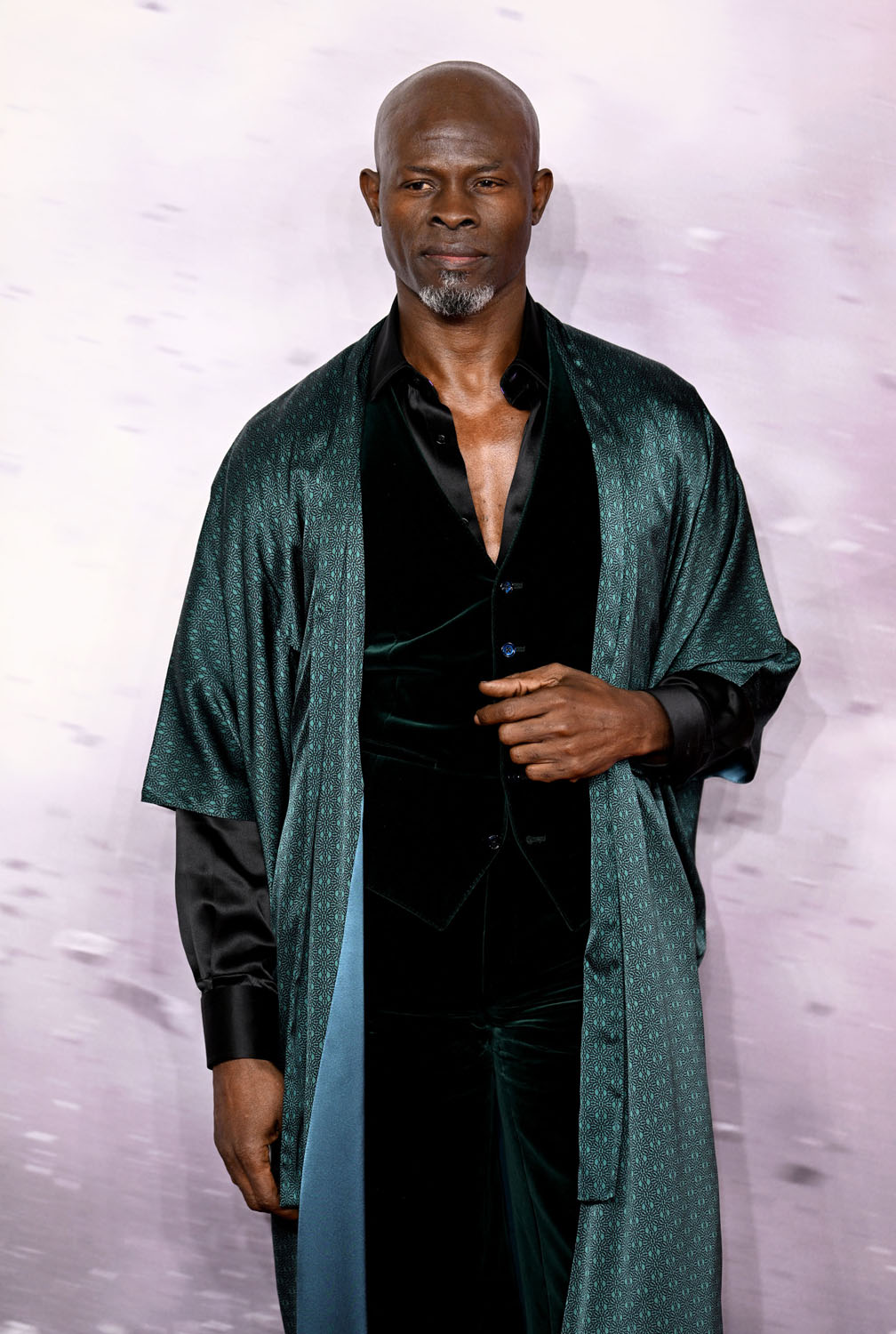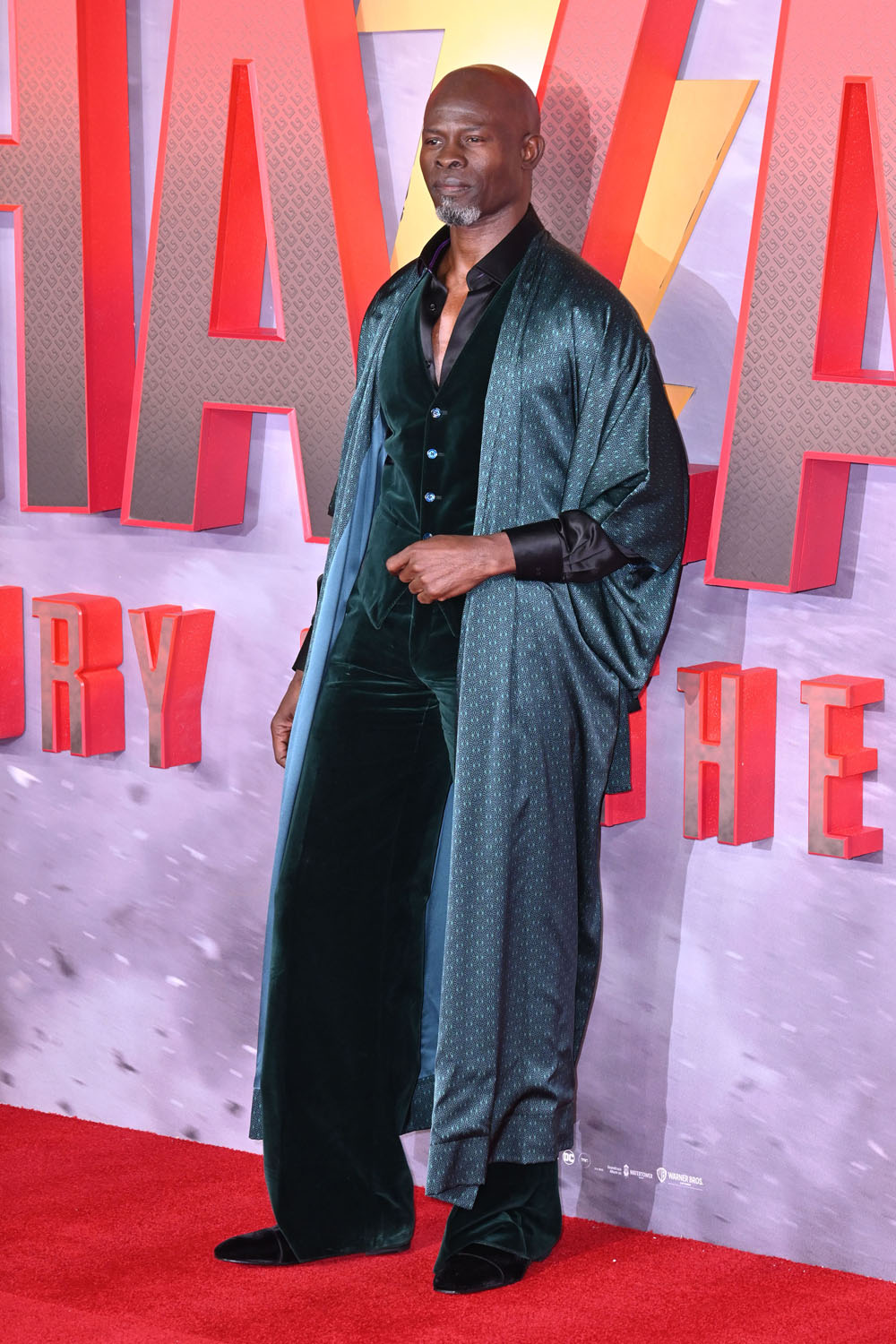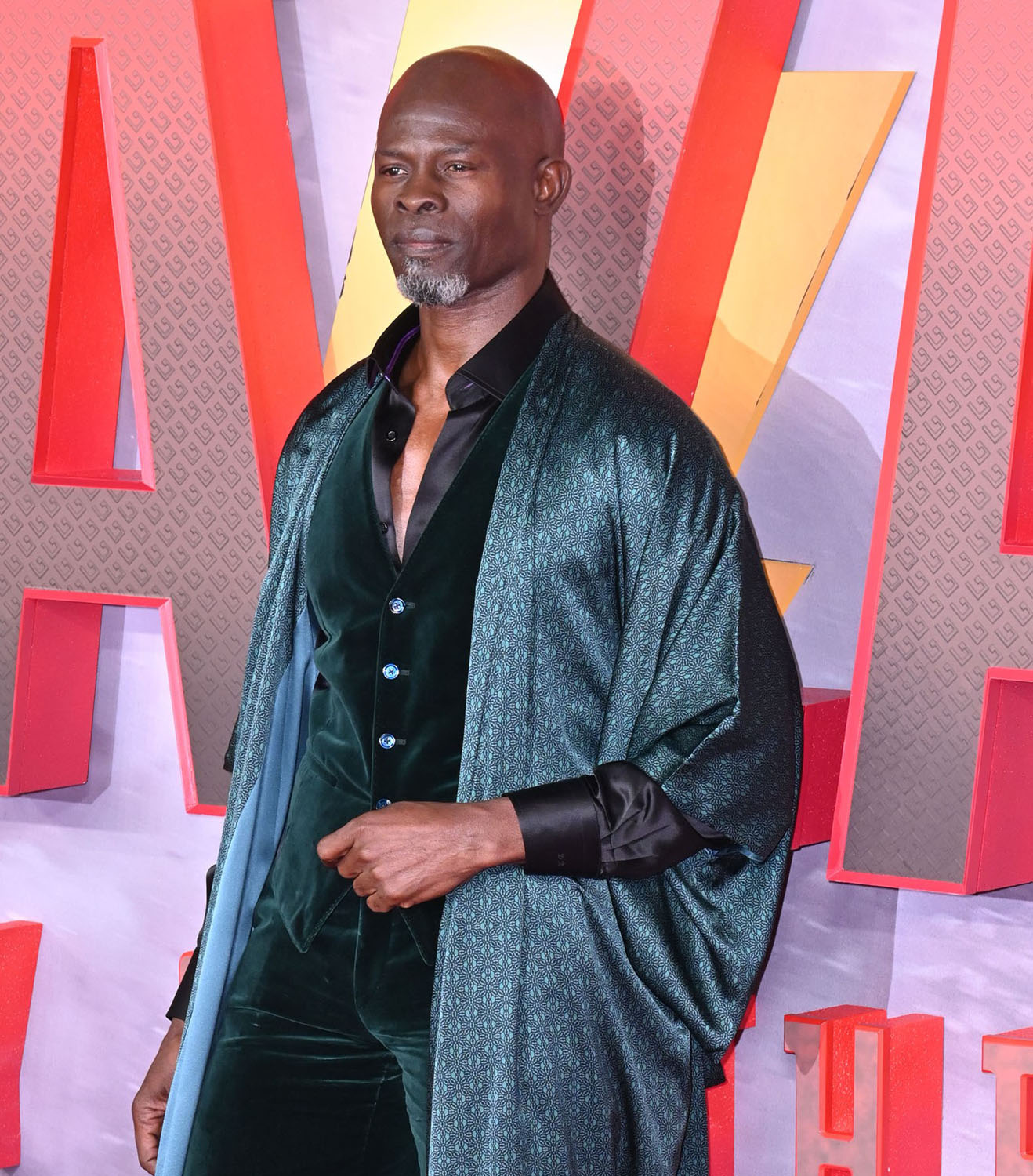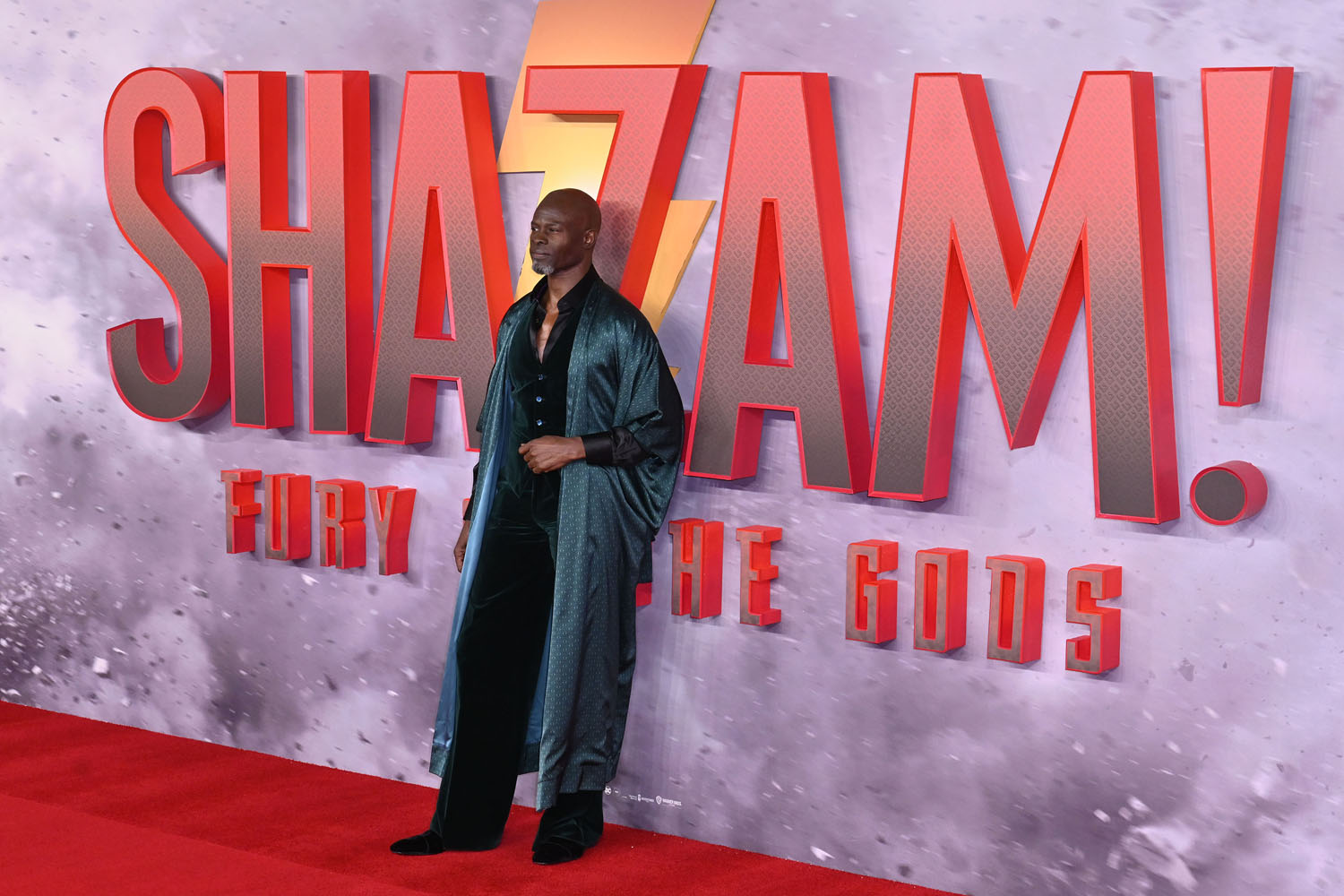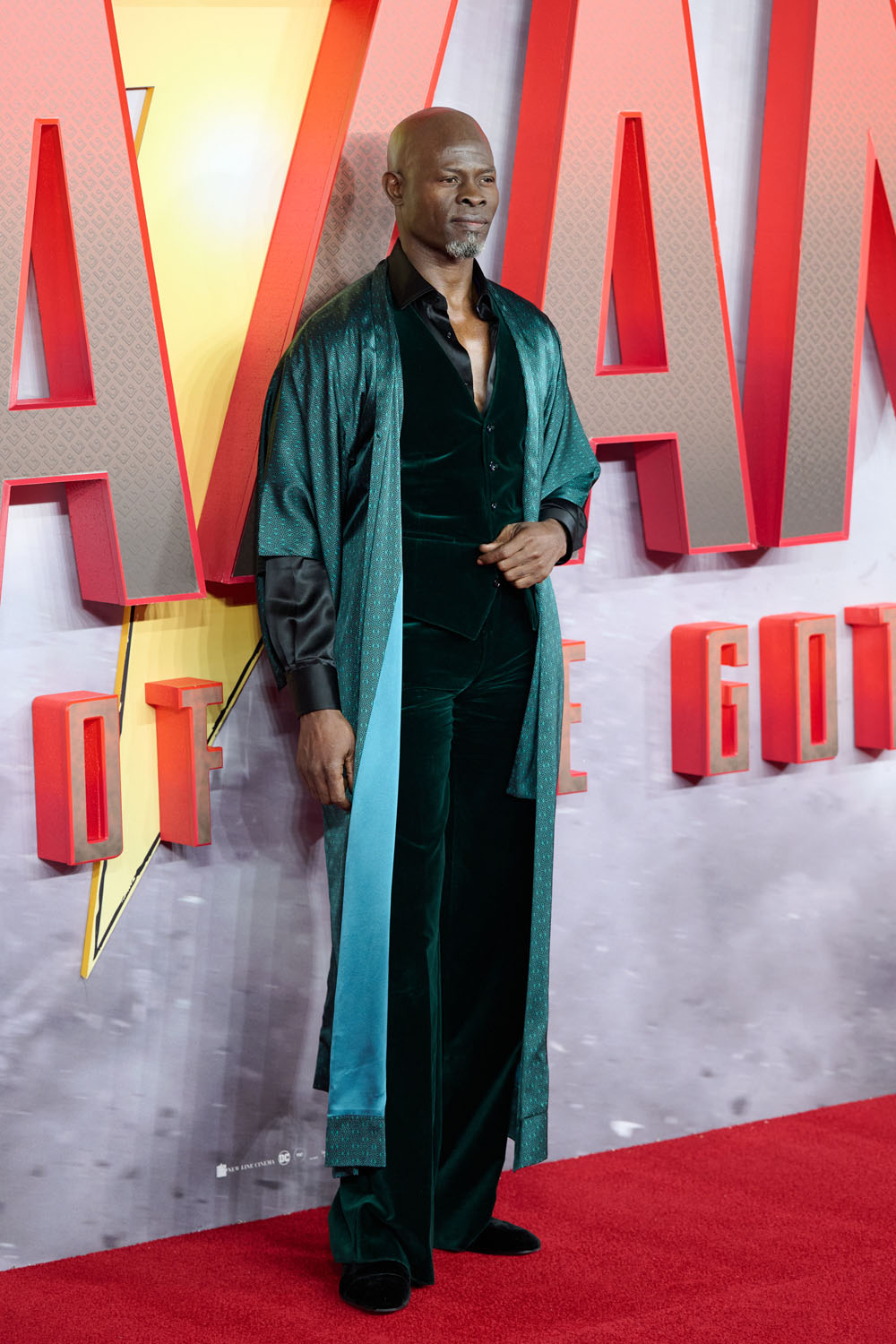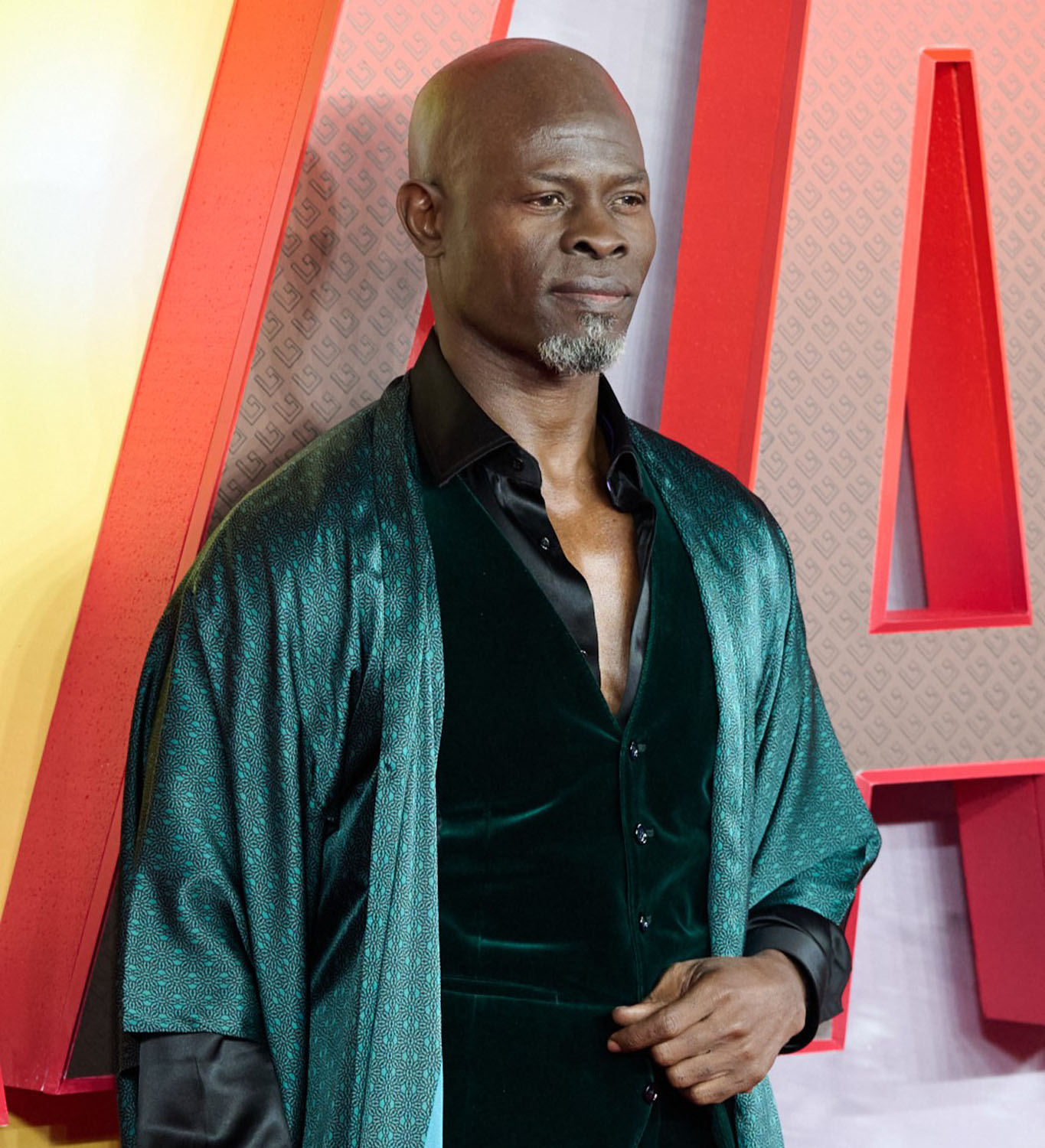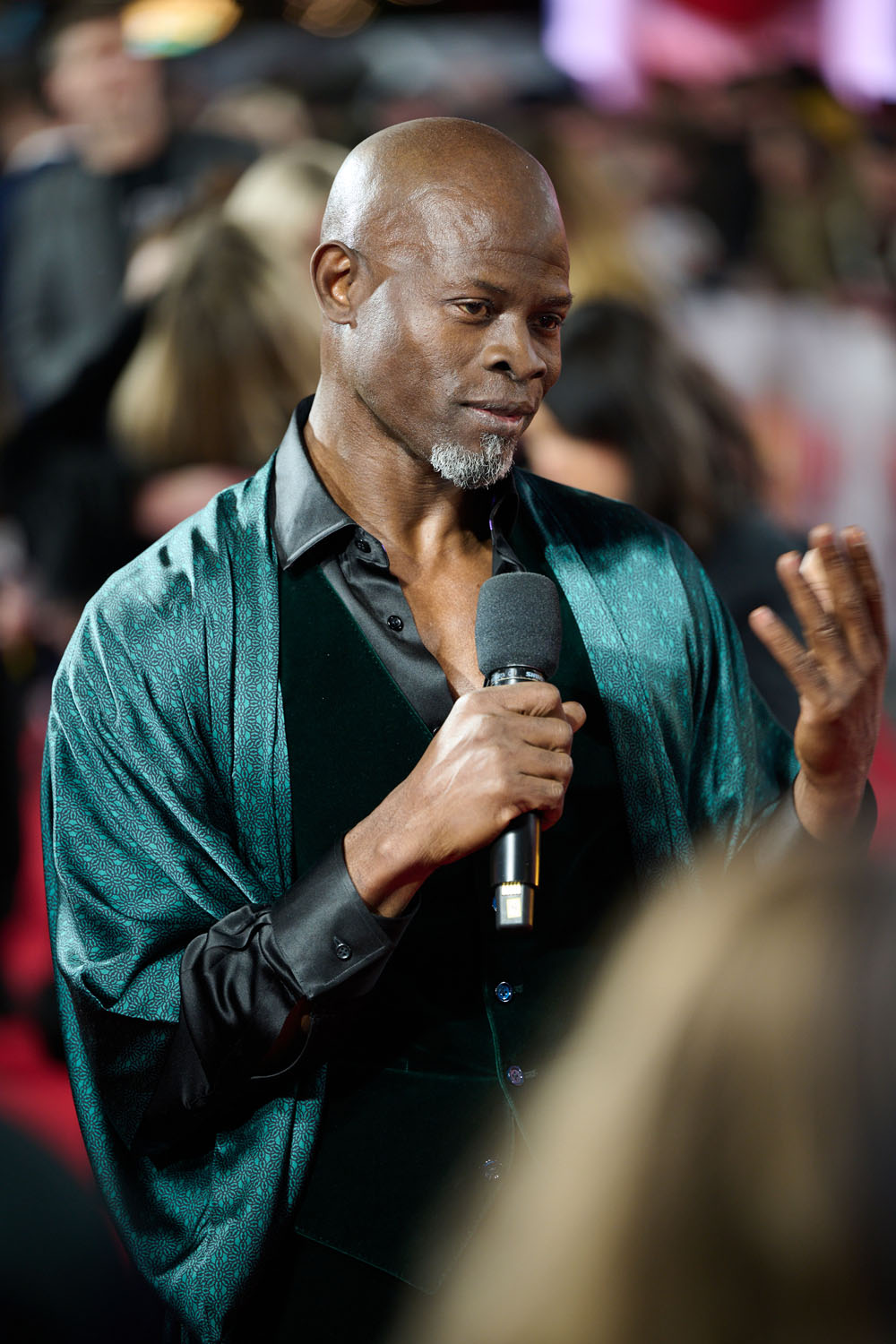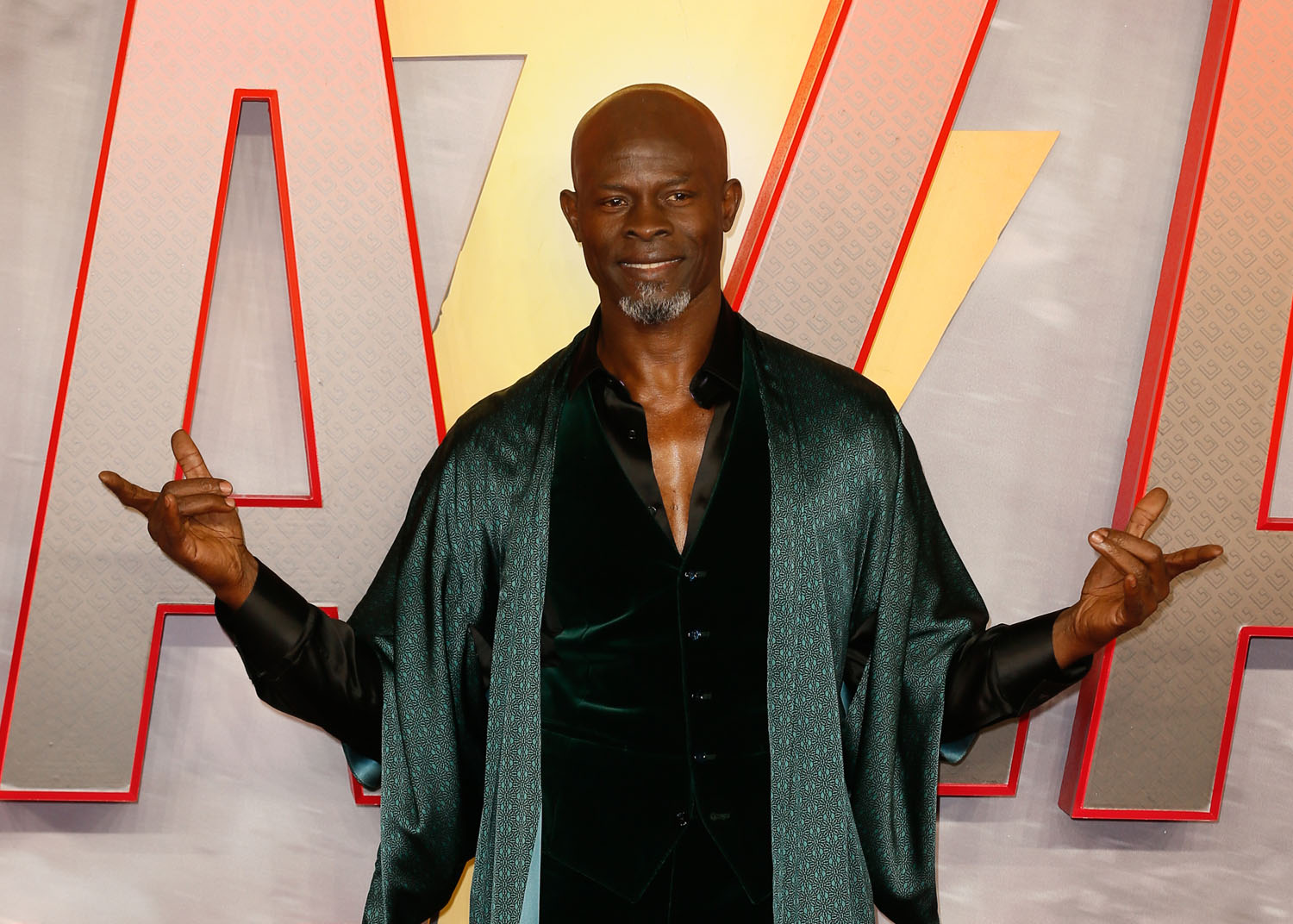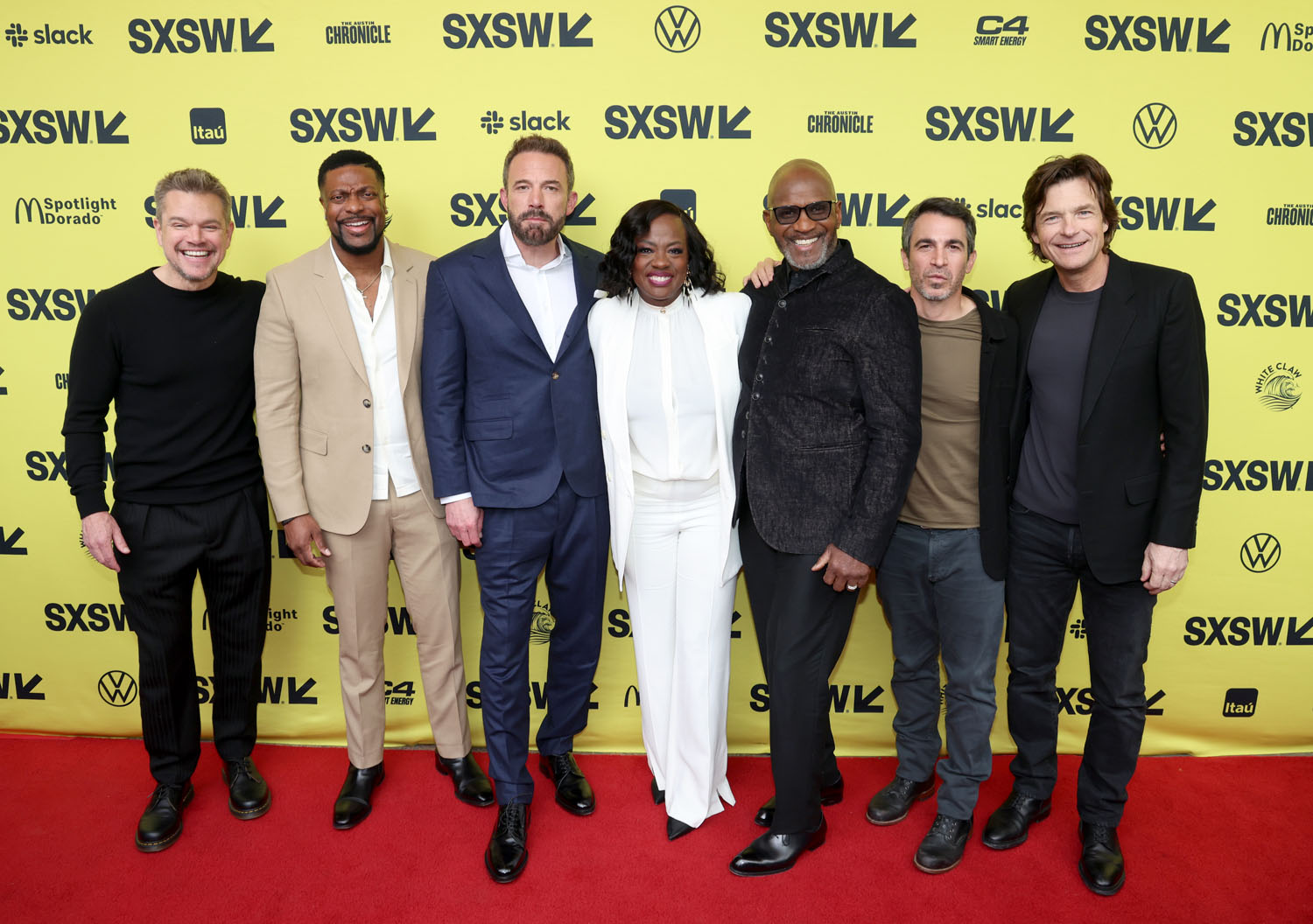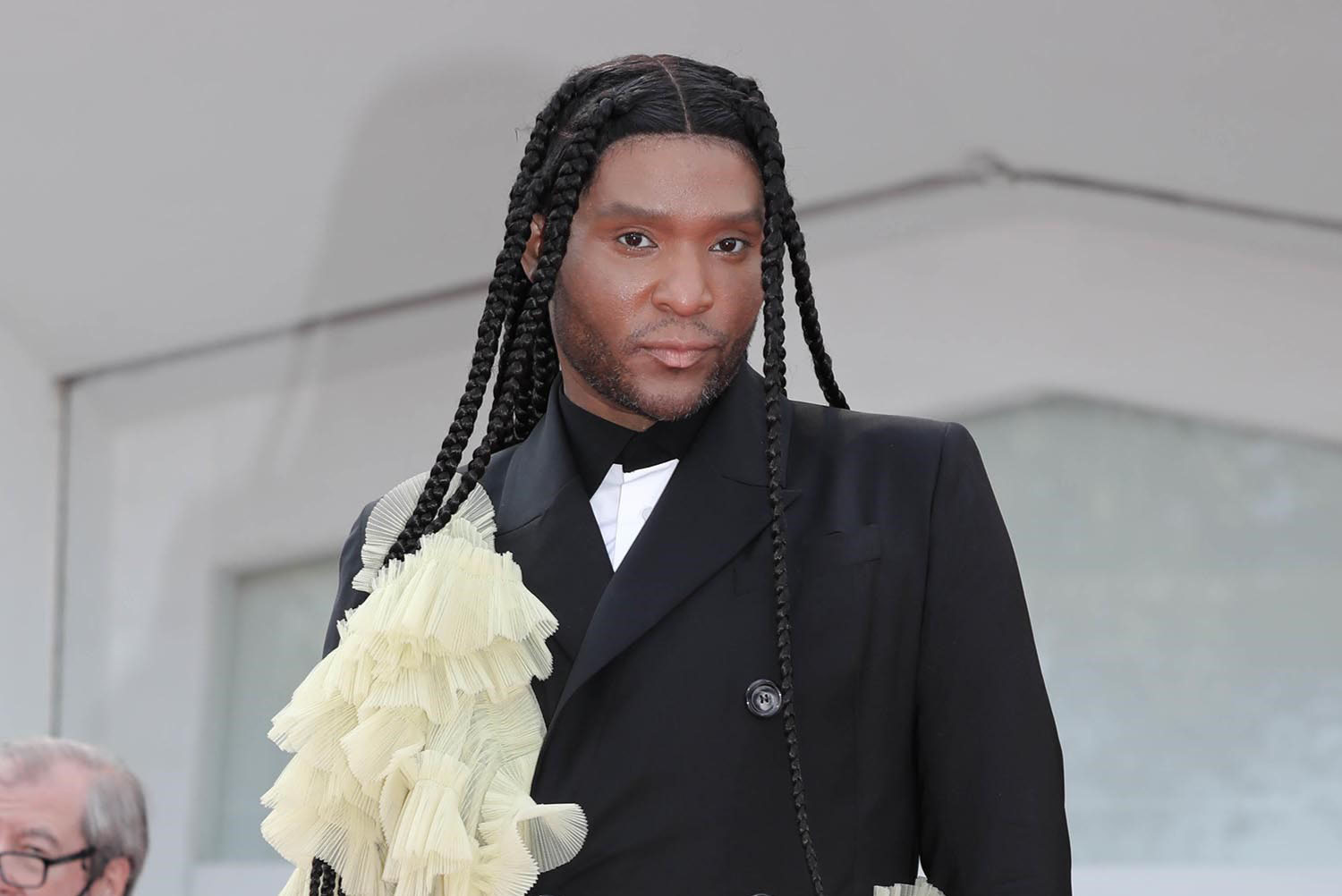Djimon Hounsou says it out loud


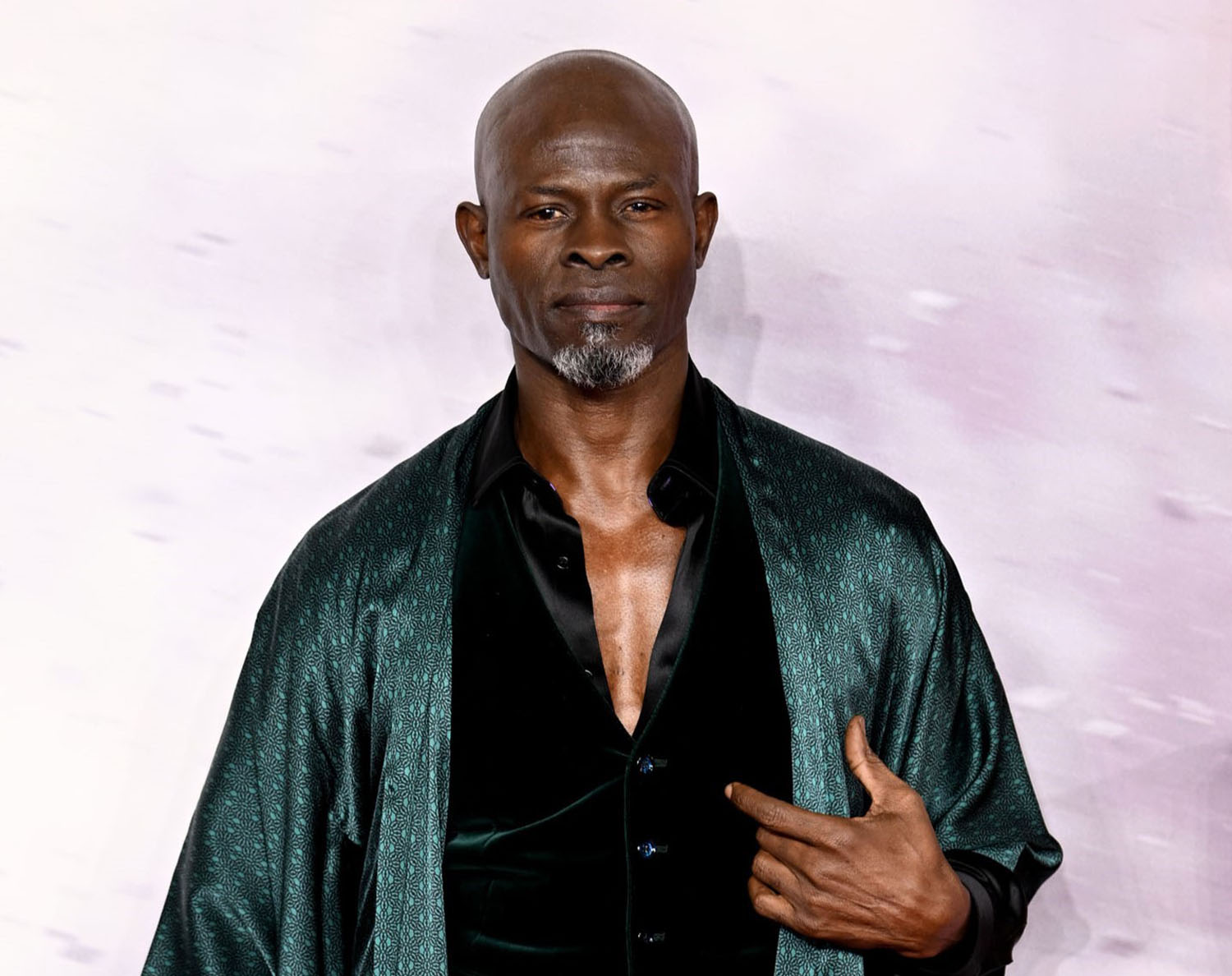
Djimon Hounsou is speaking up about an issue several actors of colour have sounded off about in the past: the wage gap that exists between them and their white counterparts.
Speaking to The Guardian, the Blood Diamond actor opened up about feeling ‘seriously cheated’ when it comes to his pay, level of stardom and workload. Despite having a role in Steven Spielberg’s Amistad under his belt, as well as co-starring alongside stars like Russell Crowe and Leonardo DiCaprio, Djimon says he still has to prove why he deserves more money.
“I’m still struggling to try to make a dollar!” he told the outlet. “I’ve come up in the business with some people who are absolutely well off and have very little of my accolades. So I feel cheated, tremendously cheated, in terms of finances and in terms of the workload as well.”
Despite being touted by The New York Times for his role in Amistad, with the paper saying his performance gave the film “a strong visual focus as he radiates extraordinary presence and fury”, it was his co-star Anthony Hopkins that received the Best Supporting Actor nomination, with Djimon being overlooked.
And though he received nominations for his performances in In America and Blood Diamond, Leonardo DiCaprio was nominated for Best Actor while Djimon was nominated for Best Supporting Actor, even though the film focused on his character’s story.
“I still have to prove why I need to get paid,” he continued. “They always come at me with a complete low ball: ‘We only have this much for the role, but we love you so much and we really think you can bring so much.’”
“I felt seriously cheated,” he said. “Today, we talk so much about the Oscars being so white, but I remember there was a time where I had no support at all: no support from my own people, no support from the media, from the industry itself. It felt like: ‘You should be happy that you’ve got nominated,’ and that’s that.”
He also described being frustrated at the lack of prospective roles for Black actors – reminding us that he played the role of a slave three times in five years, before pointing to Viola Davis, who, in the past, has shared her sentiments about this same topic.
“Viola Davis said it beautifully: she’s won an Oscar, she’s won an Emmy, she’s won a Tony and she still can’t get paid. Film after film, it’s a struggle. I have yet to meet the film that paid me fairly.”
Djimon is pointing to a conversation Viola had back in 2018 at a Women in the World event.
“I have a career that’s probably comparable to Meryl Streep, Julianne Moore, Sigourney Weaver, they all came out of Yale, they came out of Juilliard, they came of out NYU. They had the same path as me. And yet I am nowhere near them, not as far as money, not as far as job opportunities, nowhere close to it.”
This February, Viola became an EGOT winner when she snagged a Grammy for her recording and narrating of her 2022 memoir, Finding Me. But despite that, the sentiments she shared five years ago still seem to stand.
Lupita Nyong’o’s Best Supporting Actress win in 2014 for her role in 12 Years a Slave brought similar concerns to the surface. Would this be the beginning of a new era in her career? Or was this where it peaked? Can we say she got the same boost as someone like Jennifer Lawrence? Sadly, this is not something that just affects Black actors.
A recent New York Times article highlighted the grim prospects for Michelle Yeoh after her milestone Oscar win, citing Hollywood’s inability to ‘find central roles for women of colour’, with Michelle’s age only adding another layer of probable exclusion.
The writer looked at the optics of the award being presented by Halle Berry, the first Black woman to win an Oscar for Best Actress in the early 2000s, often only being invited back to the Oscars as a presenter and never a nominee.
“To see her there is to be reminded that an Oscar win carries no guarantees when an actress is already liable to receive fewer scripts and career opportunities than her white counterparts,” the article read.
Ke Huy Quan also expressed a similar concern as the NYT writer. After his Oscar win, he was vocal about what, if anything, his win would mean for his future.
“I had a conversation with my agent,” he told Variety. “I’m so worried that this is only a one-time thing.”
What all of these stars are pointing to is the disparity between what an award can do for your career when you’re a person of colour versus what it can do for you if you’re white. Despite Ke’s incredible comeback story and his equally incredible victory speech, he seems to be aware that this was a bit of a one-off and would be unlikely to happen again, unless some serious work is done in Hollywood and within the Academy to add the same amount of value given to white actors compared to their BIPOC counterparts.
And despite Ke’s hesitation about his own future in Hollywood, Djimon is cautiously optimistic about his, saying he’s starting to feel more valued.
“From time to time, they themselves make the point of saying: ‘We should give him more, he’s a little underappreciated.’ I think they recognise that themselves,” he said, adding that it’s just another struggle he – and so many other BIPOC actors - have to overcome.

